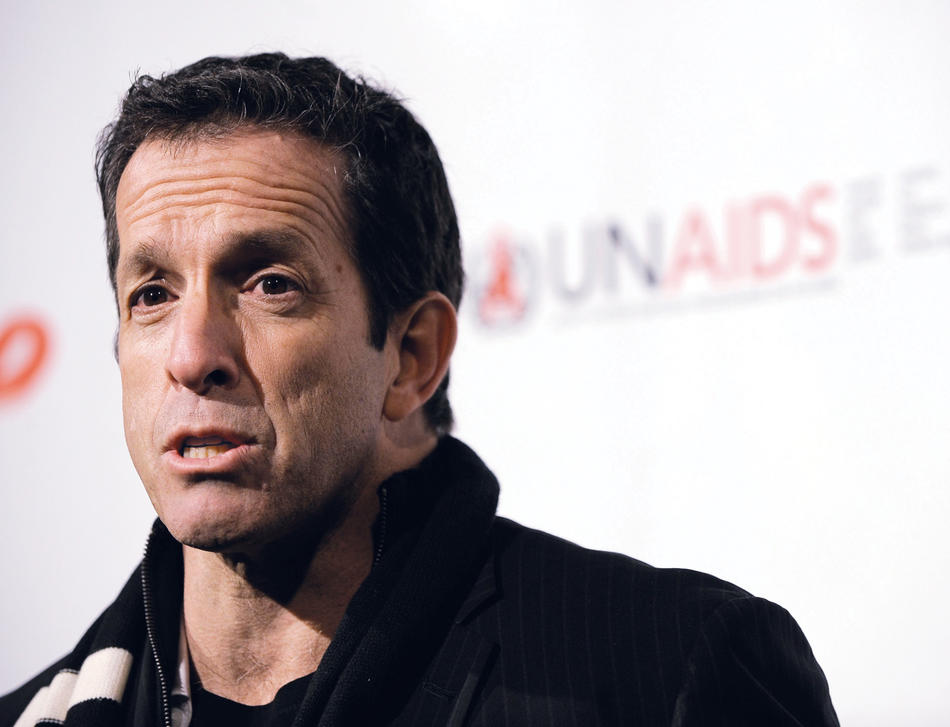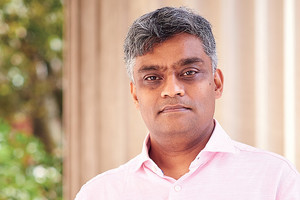Fashion designer Kenneth Cole has joined with Columbia College and the Fu Foundation School of Engineering and Applied Sciences to launch a new fellowship program that will prepare students to solve challenges faced by local communities. The new Kenneth Cole Community Engagement Program, which is supported financially by the designer and businessman, will be administered by the Office of Student Affairs.
The Kenneth Cole Fellows will take courses in the fields of urban studies, political science, sociology, science and technology, and social entrepreneurship. They’ll also attend seminars, colloquia, and workshops and will assist community-based organizations on special projects.
Program organizers say the fellowship could prepare students for leadership positions in community-based organizations, nonprofits, and socially conscious businesses. Twelve sophomores and juniors will be selected to take part in the inaugural program this academic year.
“We are confident that Kenneth Cole Fellows will have the unique opportunity to enrich their own learning experiences while discovering the important role each of us plays in making a difference in the local and global communities to which we are all responsible,” says Michele Moody-Adams, dean of Columbia College.
“Kenneth Cole’s commitment to community engagement complements our school’s mission to educate socially responsible engineering and applied science leaders,” says Feniosky Peña-Mora, dean of Columbia Engineering. “We are grateful that he is providing this meaningful and valuable opportunity for both Columbia students and our community.”
Cole’s philanthropic activity also includes support for affordable housing, AIDS research, and many other causes.
“I’m enthusiastic about working with Columbia,” Cole says, “on a project intended to inspire its talented student body and empower them with the necessary tools to make meaningful and sustainable differences in their respective communities.”



